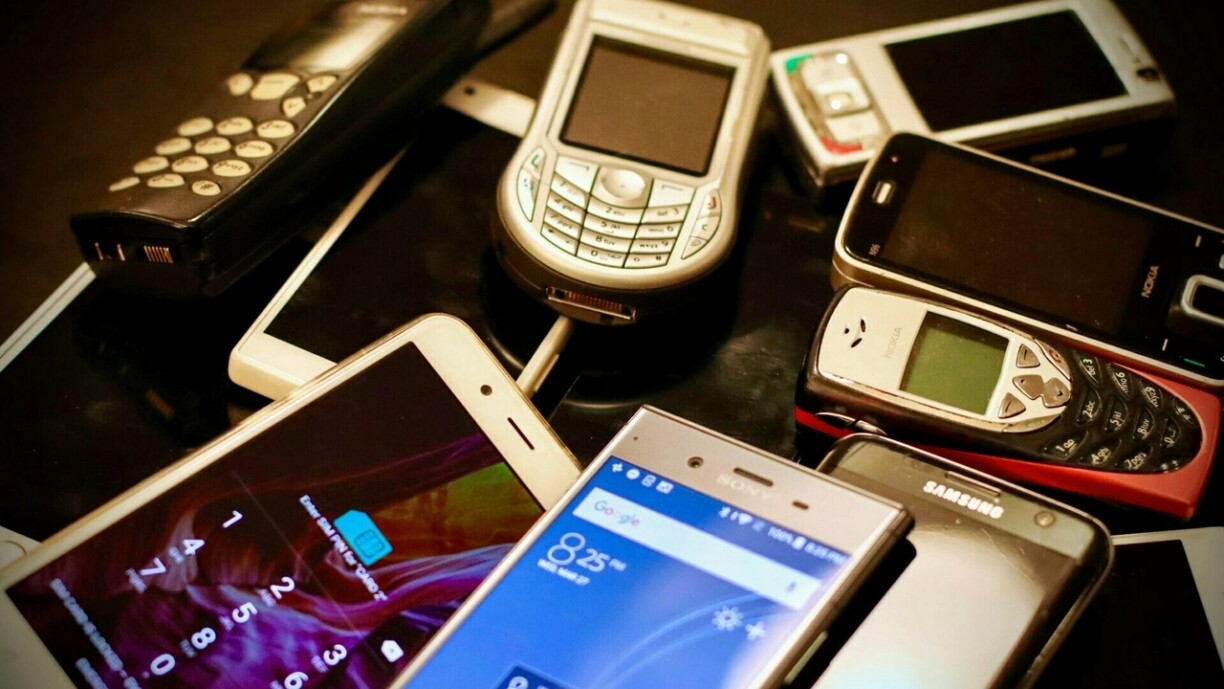
Smartphones, screens, computers, and tablets–seven out of ten Luxembourg residents own one or more electronic devices they no longer use, many of which are still functional.
This finding comes from a recent survey conducted by the Environment Agency, which highlights a widespread tendency to hold onto unused electrical and electronic equipment.
The survey, detailed in a press release issued on Wednesday, identifies common items such as smartphones, computers, televisions, kitchen appliances, and hi-fi equipment. Many of these devices contain valuable materials like gold, silver, and copper. According to authorities, recovering these resources could significantly reduce the ecological footprint associated with their extraction.
In response to these findings, Ecotrel, a non-profit focussing on e-waste processing, will launch a campaign on Thursday to raise awareness about the “hoarding” of electronic devices. The initiative will provide advice on reducing waste and properly disposing of batteries and accumulators.
The following is an extract from the Environment Agency’s press release.
Residents looking to dispose of old electronic and electrical appliances have several options available to them:
The study highlights that many unused or discarded appliances still contain functioning batteries. Non-functional batteries can be dropped off at various locations, including resource centres, SuperDrecksKëscht® mobile collections, and numerous retail stores across the country.